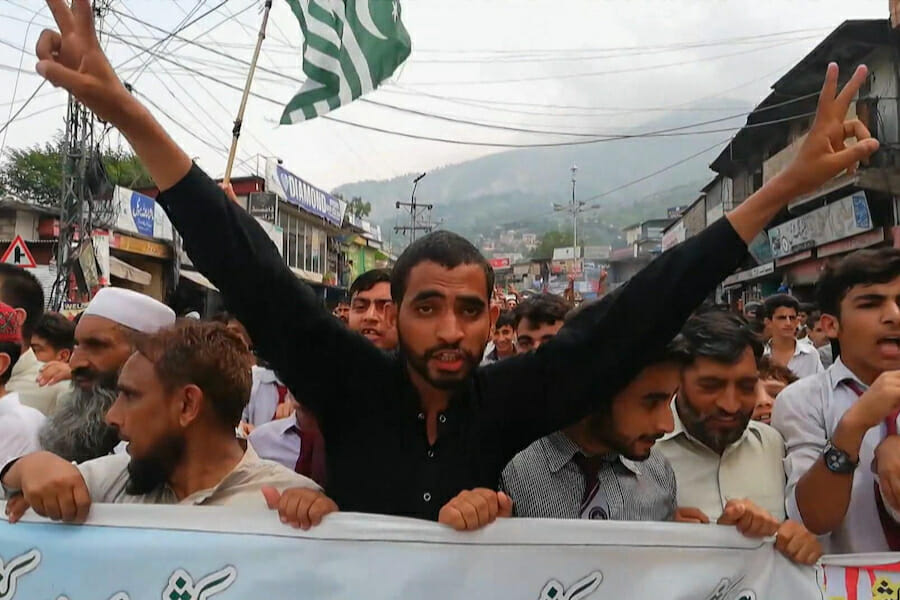
Communication Blackout in Kashmir is a Human Rights Issue
On August 5, 2019, the government of India, in an attempt to abrogate Article 370, which amongst other things, conferred a special status on the State of Jammu and Kashmir, caused the complete blackout of communication and Internet services in the region. The government, in the implementation of this watershed move, blatantly disregarded India’s human rights obligations.
Article 19 of the Universal Declaration of Human Rights mandates that “everyone has the right to freedom of opinion and expression; this right includes freedom to hold opinions without interference and to seek, receive and impart information and ideas through any media and regardless of frontier.”
The premise which formed the fundamental cornerstone of Article 19 was the fact that it allowed an important stakeholder (in this case the populace of Kashmir) to decide whether the steps being undertaken by the state are for the collective good of the people or not. The media blackout prohibited the Kashmiri population from understanding the nuances of the presidential ordinance and even stopped them from discussing it amongst their peers. This embargo on information is a clear violation of the rights secured under Article 19.
Furthermore, the International Covenant on Civil and Political Rights, which has been ratified by India, also mandates the state to preserve the freedom of speech and expression of the people, and such freedom exists as much online as it does offline.
Principle 1.2 of the Johannesburg Principles justifies the suspension of freedom of speech on the grounds of protecting the larger national interest. Consequently, India is trying to justify its move on the said grounds. Their standpoint revolves around the narrative that the proliferation of anti-national corpuses and their propaganda might hamper the larger national narrative if the media blackout is not imposed. But this anticipation is unfounded and clearly not covered under the ambit of national interest as mandated by Principle 2 of the Johannesburg Principles. Principle 2(b) explains the essential violation of the national interest criteria, inasmuch as it looks like that the said clampdown has been stealthily effectuated without having taken the consent of the citizenry, to protect the state from embarrassment or exposure of wrongdoing as given under Principle 2(b).
Principle 11 also mandates that the government cannot restrict access to information to the citizens unless the withholding of such information is essential for national security. The legitimate national security interest criteria has been laid down under Principle 2, where it has been said that unless the country’s existence or its territorial integrity is under threat against the use or threat of use of force, or there exists an external military threat or an internal threat to overthrow the government, any restriction on the freedom of speech and expression cannot be justified. Furthermore, in order to justify any such restriction, it should be able to satisfy the provisions of Article 19(3) of the ICCPR as mandated by the HRC in its General Comment 34. This essentially means that the restrictions should be legally permissible, in the pursuance of a legitimate aim, and should not be disproportionate and unnecessary.
The legal impermissibility of the abrogation of Article 370 has already been discussed at length before. The clampdown on free speech which was brought about under the garb of national interest was a frivolous attempt by the state to expand its inherent powers, inasmuch as, there is no causal relationship between a blanket ban on communication and legitimate national interest. Moreover, such a blanket ban per se is a disproportionate measure to curb the hard-won individual rights of the populace according to the report of the UN Special Rapporteur on the themes relating to the Internet.
The vague and wide interpretation of national interest in the Kashmir scenario has led to the masses being disenfranchised from the decision making process. This has led to the fundamental doctrines of human rights, self-dignity and decision making being compromised. The essentiality of any functioning democracy is providing the citizen’s information about their rights being altered with and by failing to adhere to this minimum threshold, the state in-fact did violate the rights of its citizenry.

